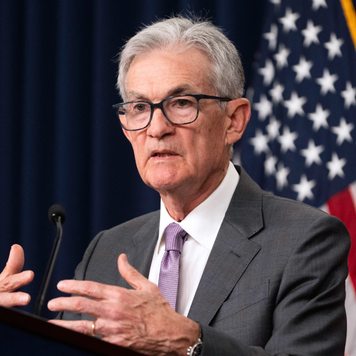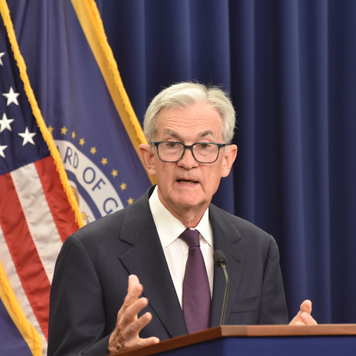Retirement
How to handle stock market volatility if you’re about to retire
6 min read
Will the U.S. economy soon be in a recession? It's the trillion-dollar question that even experts don't know the answer to. Here's how to prepare for a potential downturn, and how one could impact you.
“Economic uncertainty is a time for reducing debt and boosting savings, not the other way around.”



Our expert reporters and editors bring the news and analysis you need—backed by data and firsthand experience.
About Bankrate
Chief Financial Analyst

Principal U.S. Economy Reporter

Senior Economic Analyst
Use our Savings Calculator to help you quickly and accurately estimate the growth of your investment. Set a goal and figure out how much you need to save each month to hit the mark.
























We appreciate your feedback
Thank you for taking the time to share your experience.